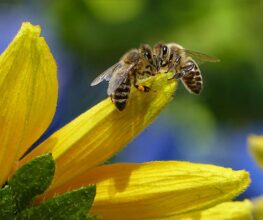Since the presentation of the MFF proposal on 16 July, it has been clear — and widely recognized within the European Parliament — that the budget framework proposed by President Ursula von der Leyen, and in particular the concept of a single fund, must be rejected. This rejection is not merely due to the unfair […]
Blog
The US and the UK have announced a partial trade deal, with key provisions on ethanol and beef. The agreement lacks reciprocity, remains outside WTO rules, and offers limited detail on other sectors. It marks a post-Brexit shift in UK trade policy and signals growing competition for the EU. A dual trade model may be emerging: one rules-based and WTO-compliant, the other driven by bilateral negotiations.

On the occasion of the Global Food Forum opening on May 12th — marking its 10th anniversary — Farm Europe will unveil the updated version of its radar on the sustainability and sovereignty of EU food systems. A new indicator will be introduced, highlighting the erosion of traditional strongholds of European agriculture — particularly arable crops and livestock.
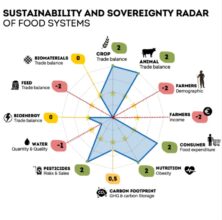
Farm Europe welcomes the European Commission’s initiative to launch a dedicated work stream on livestock farming and stands ready to contribute with proposals for a renewed EU strategy. It believes the EU must move beyond five years marked by preconceived, pessimistic and misleading views of the sector and recognise its strategic value for Europe’s future.

The European Commission’s proposal addresses the wine sector crisis but requires ongoing dialogue for long-term success. A coherent EU policy approach on trade, promotion, and digitalization is essential for resilience. Supporting open markets and balanced consumer perspectives is key to sustaining the sector’s cultural and economic role.
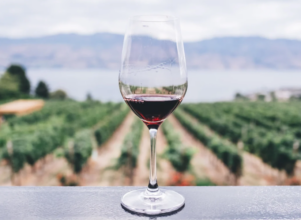
U.S.-EU trade tensions risk a trade war, with European agriculture impacted. The EU has a trade surplus with the U.S., but key exports like wine and cheese are hard to redirect. Retaliation should target other industries to minimize damage and escalation. The EU must defend its interests while upholding trade rules. A negotiated solution is crucial to protect agriculture and stability.
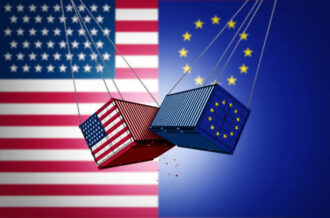
As the EU approaches one of the most crucial and complex budgetary discussions in recent decades, in a letter sent to all EU Leaders, to the President of the European Council António Costa, and to EC President Ursula von der Leyen, Farm Europe urges EU leaders to prioritize the Common Agricultural Policy and ensure its sustainability amid EU strategic autonomy and other rising challenges.

Today, the European Commission adopted its Clean Industrial Deal. Executive Vice President, Stéphane Séjourné, summarized the ambition as a need to do more and better and create a real business plan, while underlining the will to focus on “Made in Europe.” This new political impetus is a welcome and clear step in the right direction for the European Commission.
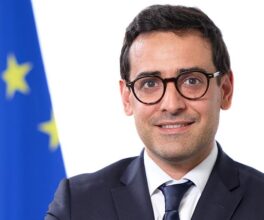
The Vision for Agriculture and Food presented today by Commissioner Christophe Hansen aims to show that farmers’ distress, highlighted by major protests a year ago, has been well understood in Brussels. Yet, its concrete implementation remains uncertain, given the Commission’s concerning proposals on the MFF and the overall CAP budget.
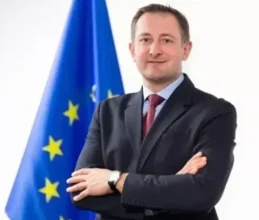
As part of the Horizon Europe research and innovation program pf the European Commission, Farm Europe is an active member of the BioMonitor4CAP project, aimed at developing simple and advanced agro-biodiversity monitoring and surveillance systems to support and implement outcome-oriented policies in European agricultural landscapes.
